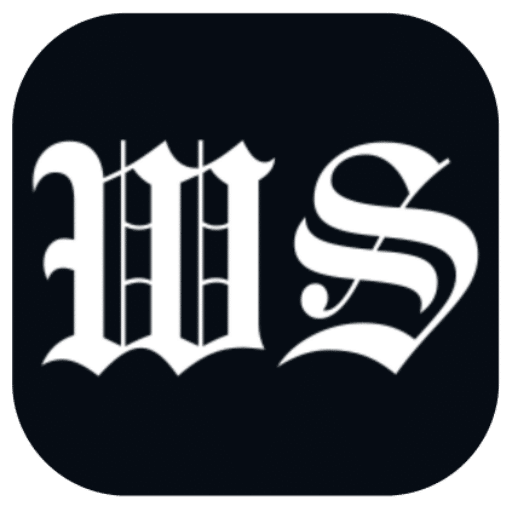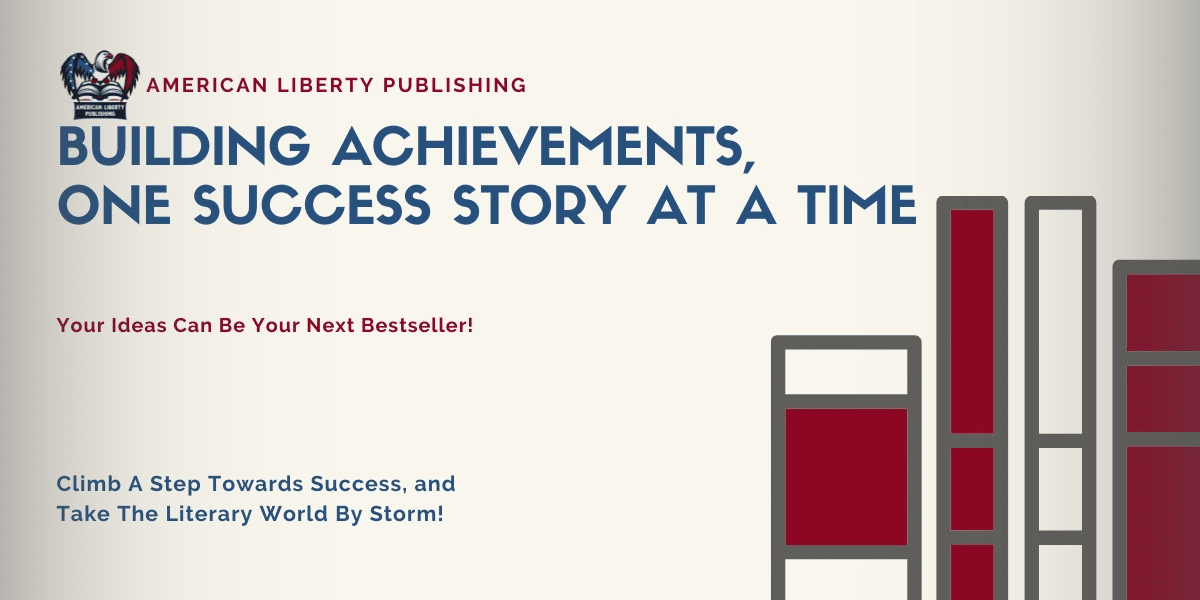By: Jesse Summers
In an era where the dynamics of the workplace are continually evolving, particularly with the shift over the past few years towards remote and hybrid work environments, companies are faced with the challenge of not only attracting but also retaining top talent. This challenge is underscored by a significant uptick in job applications per opening, as observed on LinkedIn, which reported a 14% increase since last fall. Furthermore, a survey conducted between November and December 2023 involving 1,013 U.S. professionals revealed a startling intent among 85% of workers to seek new roles in 2024, as reported by CNBC.
The reasons behind this growing trend are multifaceted. Many individuals hastily accepted positions post-COVID-19 to avoid unemployment but now find themselves dissatisfied due to various factors including inflation-driven needs for higher pay and perceived stagnation in terms of growth opportunities. The feeling of not being valued or connected to the work and team in a remote environment, have left many of today’s workforce looking for the next chapter.
Addressing these concerns requires more than just competitive compensation packages; it demands a holistic approach that encompasses opportunities for mentorship, growth, and meaningful contribution to companies with strong values—elements that are increasingly prioritized by job seekers today. Jocelyn Yant from Noble Talent Group (Creative, Digital and Marketing Recruitment Firm) emphasizes “While compensation and benefits continue to be a paramount consideration of an “offer package” we’ve noticed a marked shift in desire of jobseekers. Opportunities for mentorship, growth opportunities, creative or intellectual contribution have come to the forefront of the factors guiding job search along with a strong desire to be in a flexible work space that has fluidity in its onsite requirements. And not everyone wants fully remote.”
Yant further notes the importance of recognizing individual preferences within the workforce: “Different levels and types of talent will have varied preferences and drives. It’s important that companies see this and do not fall into a trap of over generalizing or assuming every employee wants the same thing. It cannot be a one size fits all approach.” This insight underscores the necessity for companies to adopt policies reflecting these diverse and individual values to attract and retain qualified talent effectively.
Alison Goudreault, founder of I See Ideas—a boutique design agency based in NYC—echoes this sentiment from an organizational perspective. Goudreault highlights three core qualities essential for retaining a loyal workforce:
Quality of work – When you are able to seek out projects that you care about and maintain a high standard of quality to every project large or small, you cultivate interest, positive curiosity, and pride in craftsmanship.
Having an open forum for all points of view. Having diverse ages and cultural backgrounds on your team allows an agency to more dynamically meet consumer perspectives.
Offering more than a job, Mentorship. In today’s WFH/Zoom/Slack model, over the shoulder mentoring is becoming more of a luxury. By giving junior level creatives one-on-one learning with seasoned industry experience, they are able to grow in a way that siloed workspaces and group meetings just can’t do. It’s this shared value that benefits both the agency and the employee.
Mentorship has emerged as more than just an added benefit; it’s now a critical component of professional development especially in today’s fragmented work environment, with more junior talent seeking the ability to be in person and learn from those around them, while more senior leaders often seek flexibility to bring work/life balance. The emphasis on flexibility, individualized growth paths, diversity inclusion policies along with active mentorship programs stands out as effective strategies amidst the shifting landscape.
Moreover, developing policies reflective of diverse employee needs like family leave, child care stipends, sabbaticals, continued education opportunities and an emphasis on personal growth and work/life balance, showcases an organization’s commitment not only to its workforce but also to its foundational principles—thereby enhancing its attractiveness as an employer in today’s competitive job market
“Organizations that are co-creating new policies and practices with employees of all levels and backgrounds will be the winners in this next chapter, one we call the “Human Era of Work.” Companies are utilizing the practice of “role crafting” and even “team crafting” so people can work in their genius mode aligned to organizational priorities. It not only retains but elevates performance. This is only to be enhanced by organizations seeing the need for mental health and wellbeing support and providing wellbeing coaches and counselors either on staff or on retainer.” states Emily Frieze-Kemeny Founder of Arose Group (A Consultancy focused on Leadership, Culture and Corporate Wellbeing).
As companies navigate these transformative times, understanding that culture is no longer just an HR buzzword but a strategic imperative becomes clear. The integration of comprehensive benefit packages coupled with genuine efforts towards creating inclusive environments where employees feel valued for their contributions is pivotal
For more info on the above companies – you can visit:
Noble Talent Group is a Recruitment Firm and Business Consultancy focused on Creative, Digital, Marketing Production and Account Services – https://www.nobletalent.group
Arose Group is a corporate culture and wellness consultancy – https://www.arosegroup.com
I See Ideas is a boutique NYC Ad Agency – https://www.iseeideas.com
Published by: Martin De Juan














